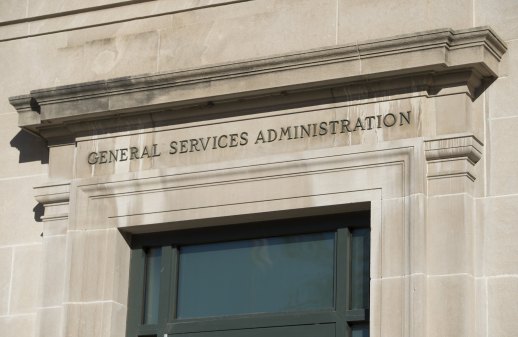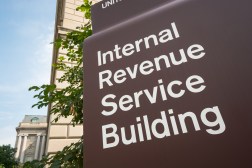White House expanding open data initiatives

The Obama administration has big plans to improve its open data — particularly around contracting data, data on foreign aid and data to aid development.
In a series of new commitments announced Tuesday to further expand its third Open Government National Action Plan, the administration calls for increased engagement with contracting officers to discuss data quality and accessibility, and directs the Small Business Administration and Treasury Department to “reach out to small business owners to better understand what types of contracting data are most useful to them.”
The White House released the initiatives in conjunction with a meeting of the Open Government Partnership’s 70 member countries in New York.
Reaching out to the data’s target audience is an important user-centric approach, Alex Howard, senior analyst for the Sunlight Foundation, told FedScoop.
“That reflects, I think, the maturation in thinking through, not just finding, the data sets that are available and their states, and putting them online, like in 2009, but reaching out to a target audience that you want to improve data access for and asking them what data would be useful for them,” Howard said.
He added, “That’s, I think, evidence that this administration has learned something.”
The commitments also call for the creation of a subgroup of the Interagency Open Data Working Group to focus specifically on open contracting data. The subgroup would explore issues such as “better ways to link pre-award information with post-award spending data.”
Additionally, the plan calls for improvements to ForeignAssistance.gov, a site that came under fire this month after a government watchdog found it didn’t report billions in foreign aid for fiscal year 2014 after comparing it to U.S. Agency for International Development-verified data.
“Because updating ForeignAssistance.gov with USAID verified data has not been feasible and the interagency assessment of the process to ensure sufficient quality control has not been done, gaps in data quality remain unaddressed, and users may risk using inaccurate or incomplete information for decision-making and accountability purposes,” the Government Accountability Office report noted.
[Read more: Data for billions in foreign aid missing from agency website]
Per the White House announcement, “DOD will continue to expand its contributions to ForeignAssistance.gov, including by increasing the number of programs for which it provides data and improving the quality and comprehensiveness of data.”
Howard noted the commitment was good, because it shows an understanding that the data is inadequate.
“The data on ForeignAssistance.gov isn’t good enough,” Howard said.
In the announcement, the United States committed to developing an open sustainable development goals national reporting platform, “using open source software and utilizing international common data formats to the greatest extent possible so as to facilitate interoperability and comparison of statistics.”
The Center for Data Innovation recently held an event on collecting and applying data to international aid efforts. As a result of that event, panelists and the center identified three major roadblocks to using data in development efforts: interoperability and data governance, limitations in other countries (like freedom of information laws), and collaboration between the public and private sector.
[Read more: Legal implications persist around open data for development]
Joshua New, policy analyst for the center, told FedScoop it seemed the reporting platform would “go a long way” toward improving data governance.
“Some sort of coordinated body, or openly standardized way of sharing information, allowing organizations to act on other countries’ data, would be a huge boon to the international development space,” New said.
But he did note the commitments didn’t mention freedom of information laws, which many countries lack.
“I would hope as they work with other countries to kind of contribute to this reporting platform they do address governments actually publishing information about themselves,” he said.
The government said in the document it will work to implement the commitments by June 2017, the end of this national action plan cycle. The administration also released a progress report Tuesday on its third national action plan.






